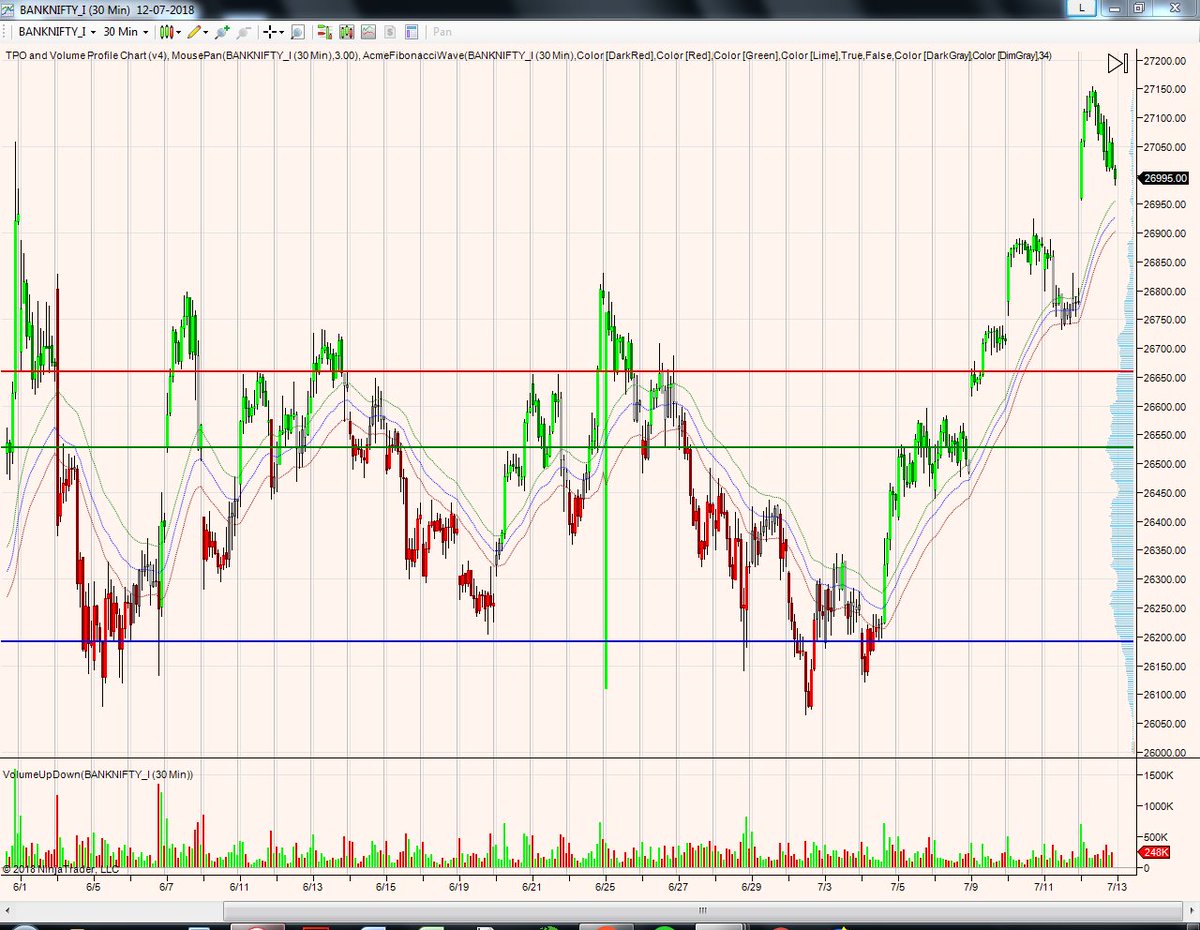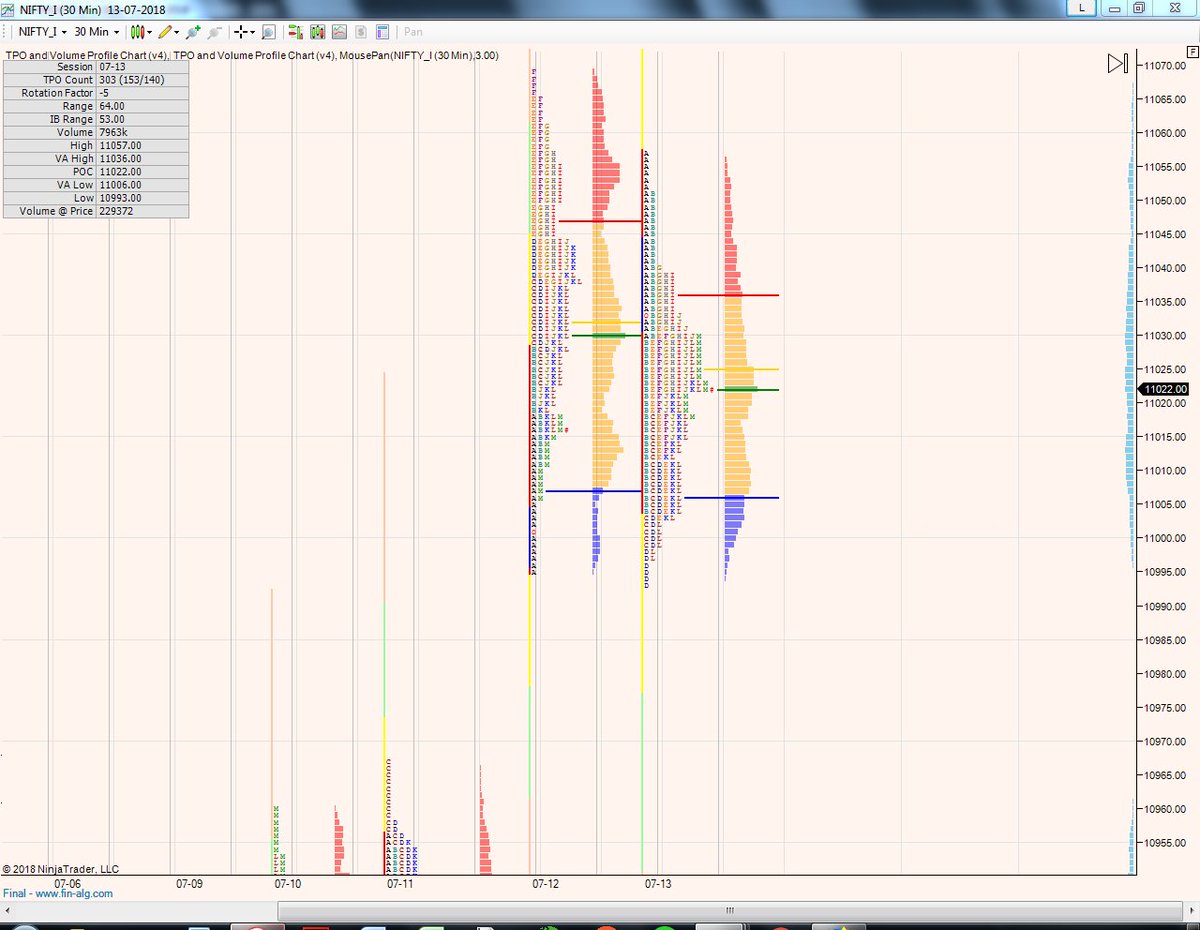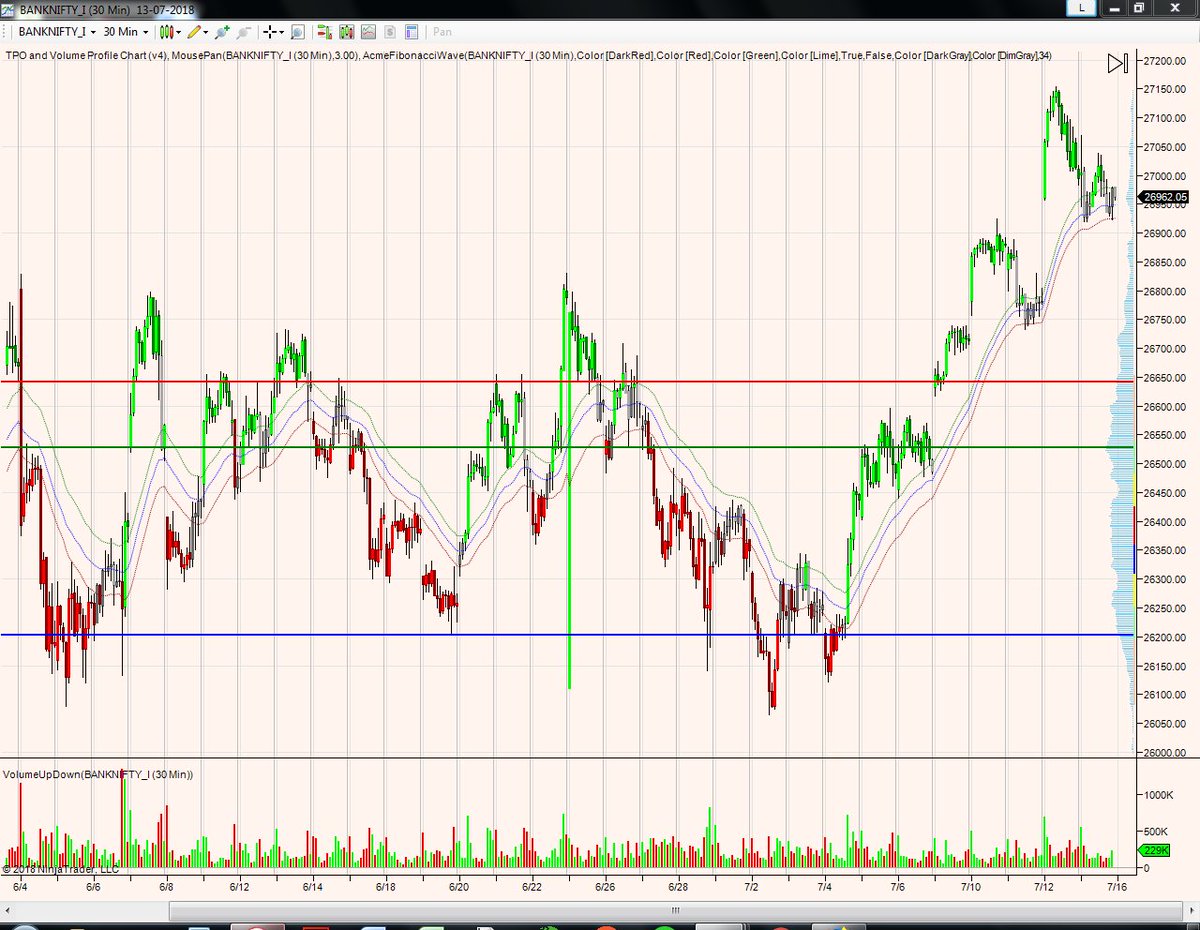Skin In The Game-Hidden Asymmetries in Daily Life by Nassim Nicholas Taleb
Week 2
#WeekendReading
#LearningTogether
Week 2
#WeekendReading
#LearningTogether
https://twitter.com/IMRiskManager/status/1022842769264406529
1 The most reliable advocate for a product is its user.
2 The average behavior of the market participant will not allow us to understand the general behavior of the market.
3 The psychological experiments on individuals showing “biases” do not allow us to automatically understand aggregates or collective behavior, nor do they enlighten us about the behavior of groups.
4 Understanding how the subparts of the brain (say, neurons) work will never allow us to understand how the brain works.
5 It may be that be that some idiosyncratic behavior on the part of the individual (deemed at first glance “irrational”) may be necessary for efficient functioning at the collective level.
• • •
Missing some Tweet in this thread? You can try to
force a refresh
















